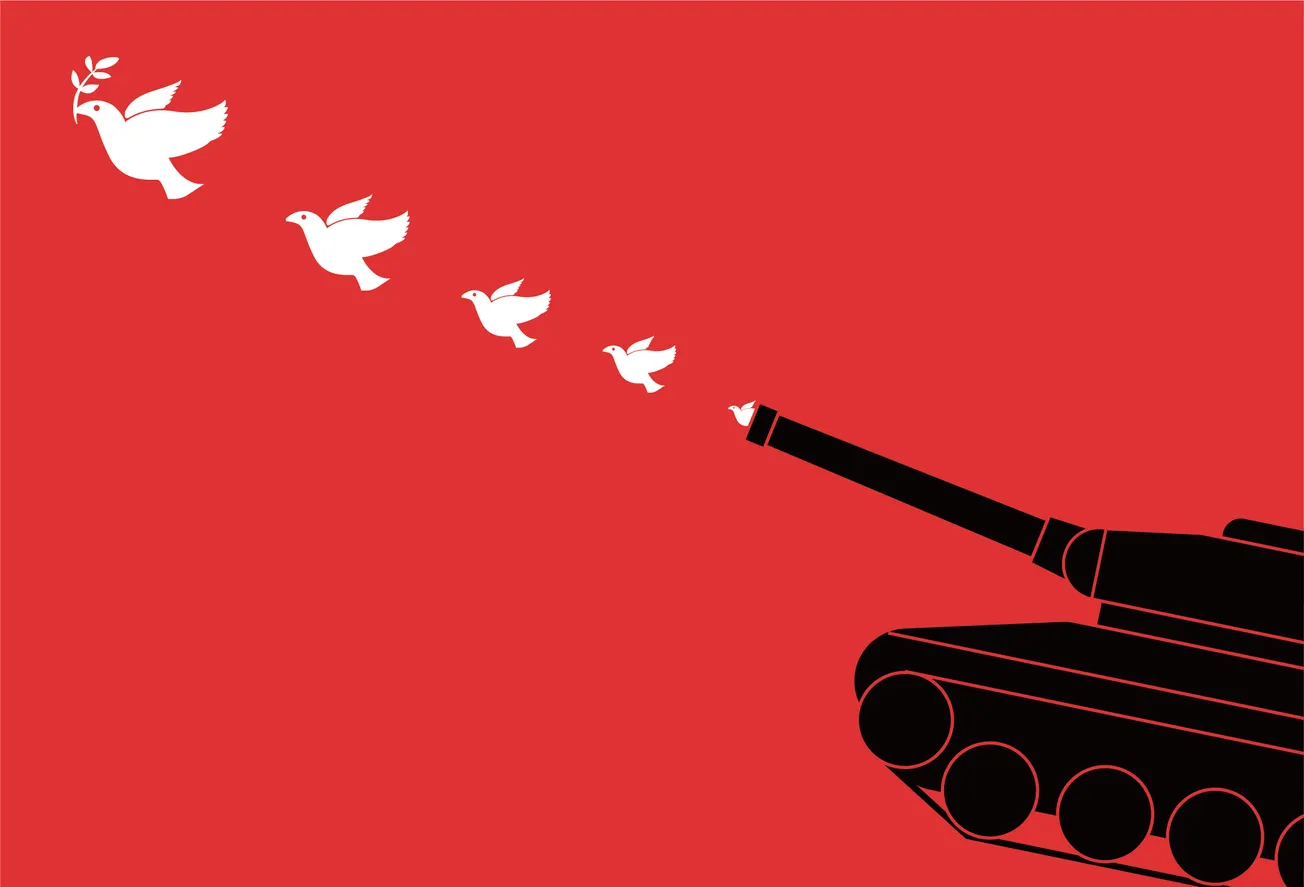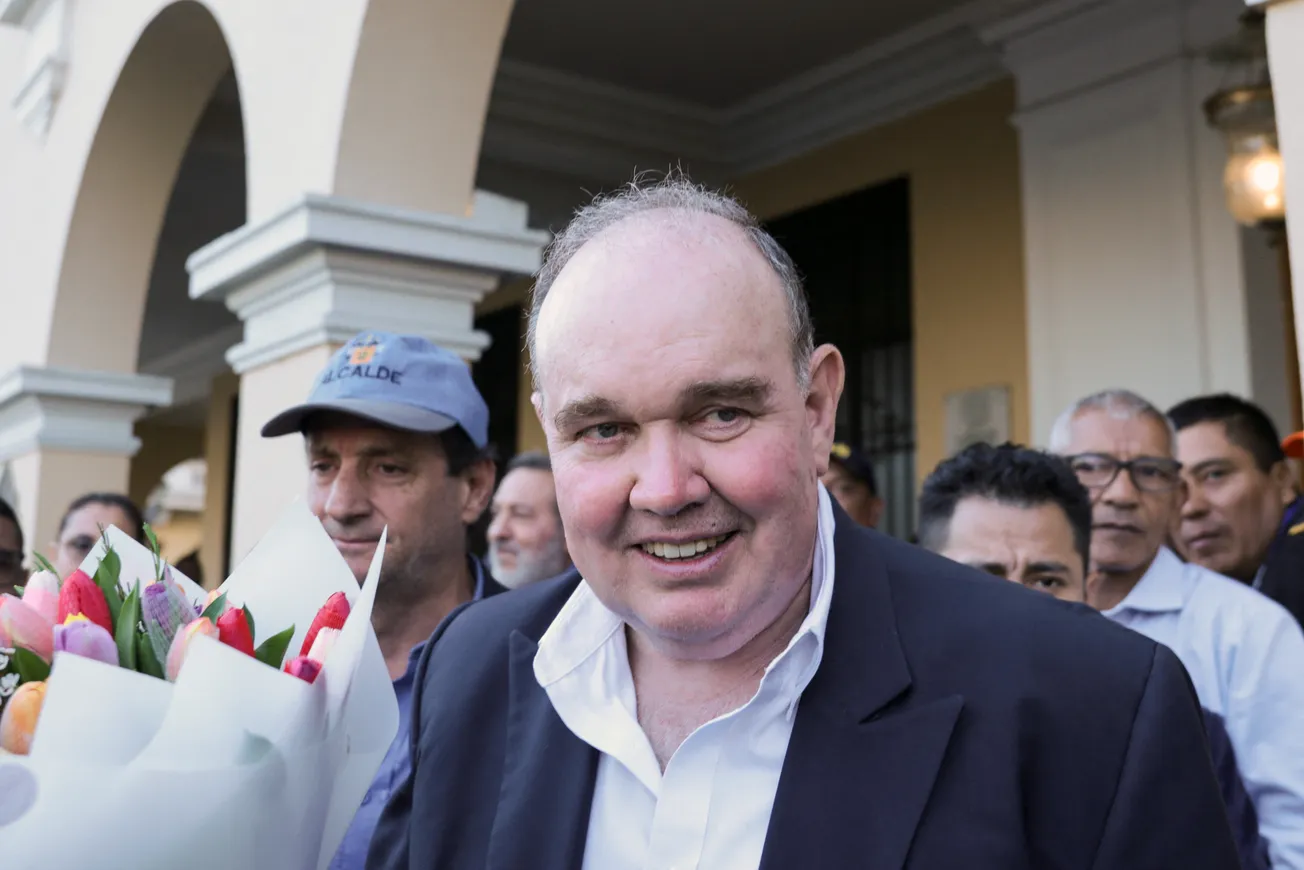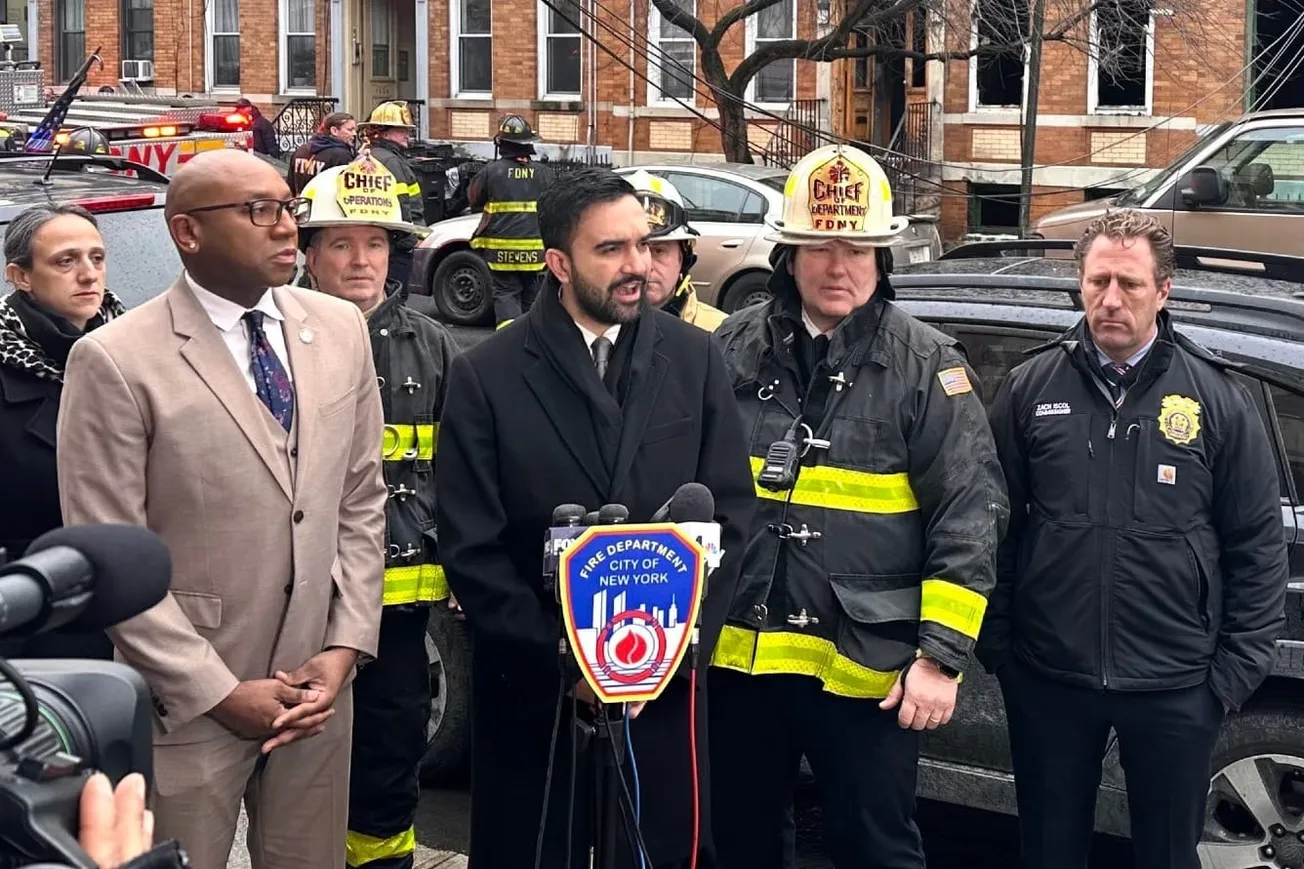On Wednesday, Sen. Marco Rubio, R-Fla. appeared before the Senate Foreign Relations Committee, of which he is a ranking member, and sailed through his confirmation hearing to become America's next Secretary of State. As the Vice Chairman of the Select Committee on Intelligence in the United States Senate, his mastery of the topics was evident and on display.
Rubio, a skilled debater whose excessive reliance on canned, practiced lines jeopardized his 2016 campaign after former New Jersey Governor Chris Christie took him down in a New Hampshire debate, was far more professional on Wednesday. He spoke about topics in which he has built broad expertise since he was first elected to the Senate.
The outgoing Secretary of State, Antony Blinken, also has a distinguished national security and diplomatic background. He began his career in public service in the late 1980s in various roles within the State Department and rose to second in command as Deputy Secretary of State under John Kerry.
The Secretary of State is one of the highest-ranking offices in the United States government and fourth in the presidential line of succession after the Vice President, Speaker of the House, and President pro tempore of the Senate.
Rubio showed class on Wednesday, befitting the high standards Americans expect of the country's top diplomat. He also made news on Ukraine: "This war has to end, and I think it should be the official policy of the United States that we want to see it end," reflecting President-elect Trump's repeated comments. Like all cabinet members, Rubio will serve at the president's pleasure and under his direction.
Rubio, like our editorials, correctly criticized the Biden administration’s open-ended "as long as it takes" war strategy. "My difference with the Biden administration throughout this process is that they never clearly delineated the end goal of the conflict. What exactly were we funding? What exactly were we putting money towards? And on many occasions sounded like, 'however much it takes for however long it takes.' That is not a realistic or prudent position."
In a significant departure from Blinken's approach, Rubio said regarding ending the war: "This is not going to be an easy endeavor ... but it's going to require bold diplomacy."
Diplomacy—a word that has been glaringly absent from Blinken's State Department for the past four years—is making a long-overdue return. As we’ve repeatedly noted, Blinken, as President Biden’s Secretary of State, has leaned more on the Pentagon than on the nuanced art of negotiation and diplomacy. The result? A decline in America’s global standing.
While diplomacy does involve negotiating treaties, alliances, and security agreements, Blinken took NATO expansion and regional European stability too far. By excluding Russia's legitimate security interests and continuing to promote war, he has weakened all of Europe and brought America dangerously close to nuclear conflict.
Along with Jake Sullivan, the National Security Adviser, Blinken drove Russia and China closer together, with both countries now repeatedly proclaiming their "partnership without limits." Other developing countries, like Brazil, India, and South Africa, saw that Blinken's diplomacy led to more war, death, and dislocation. They were alarmed that Blinken promoted sanctions excessively during his tenure, even secondary sanctions against friendly countries in the G-20 if they did not share America's foreign policy vision in the Russia-Ukraine war. They noted that Blinken has not had a meaningful one-on-one meeting with his Russian counterpart, Sergey Lavrov, even once after the war started in February 2022.
Blinken's failed approach to diplomacy fueled the expansion of regional alliances that excluded the United States. BRICS gained momentum, expanding its ranks with new members. Saudi Arabia abandoned a 50-year agreement to stick with the dollar for its oil trades and is moving closer to Iran and China. North Korea signed a technology transfer agreement with Russia in return for sending Moscow weapons, mortars, and now soldiers.
Rubio, in contrast, appreciates that diplomacy is the art and practice of conducting negotiations and maintaining relations between nations, often with the aim of fostering peace, cooperation, and mutual understanding. The primary goal is to prevent conflicts from escalating into wars by providing peaceful negotiation channels. The vision is to build a framework for peaceful, cooperative international relations that can lead to shared prosperity and global stability. It requires patience, strategic communication, cultural sensitivity, and a long-term perspective on international relations. To this end, he said: "It is important for everyone to be realistic. There will have to be concessions made by the Russian Federation, but also by the Ukrainians."
It was a refreshing change to hear a senior US official talk about Russia, foe to America that they are, as a potential future partner to bring about peace in this long, grinding war.








